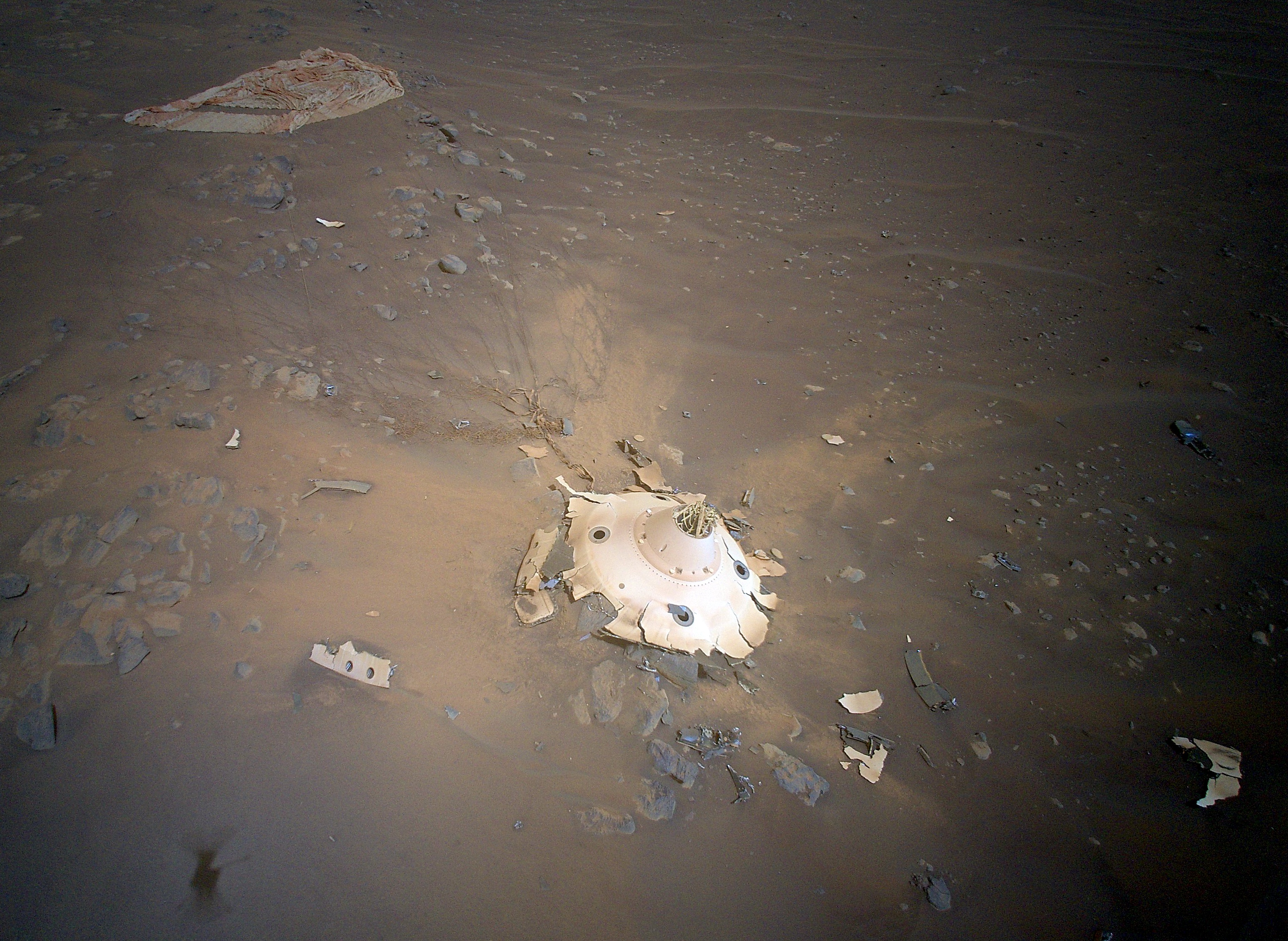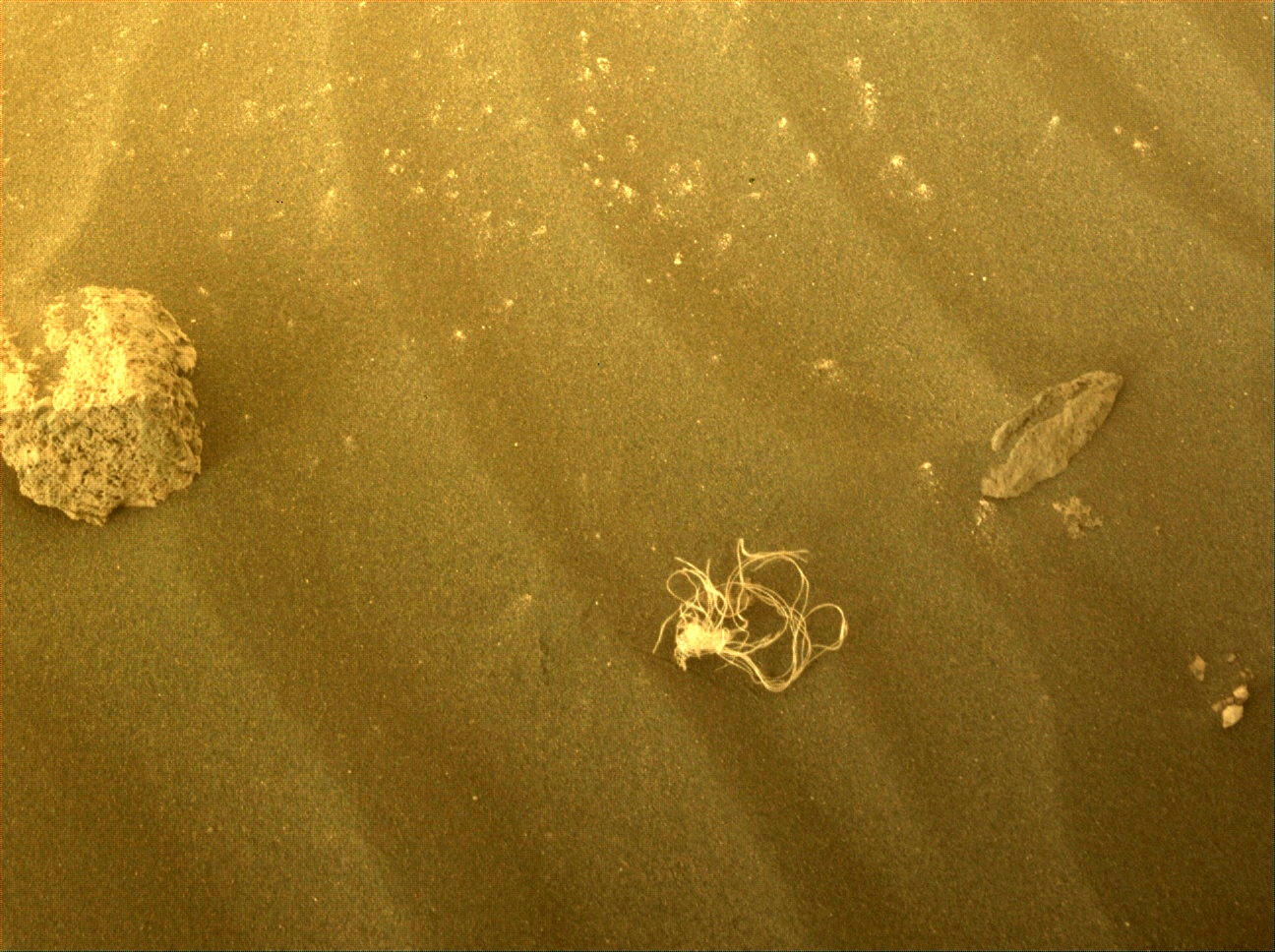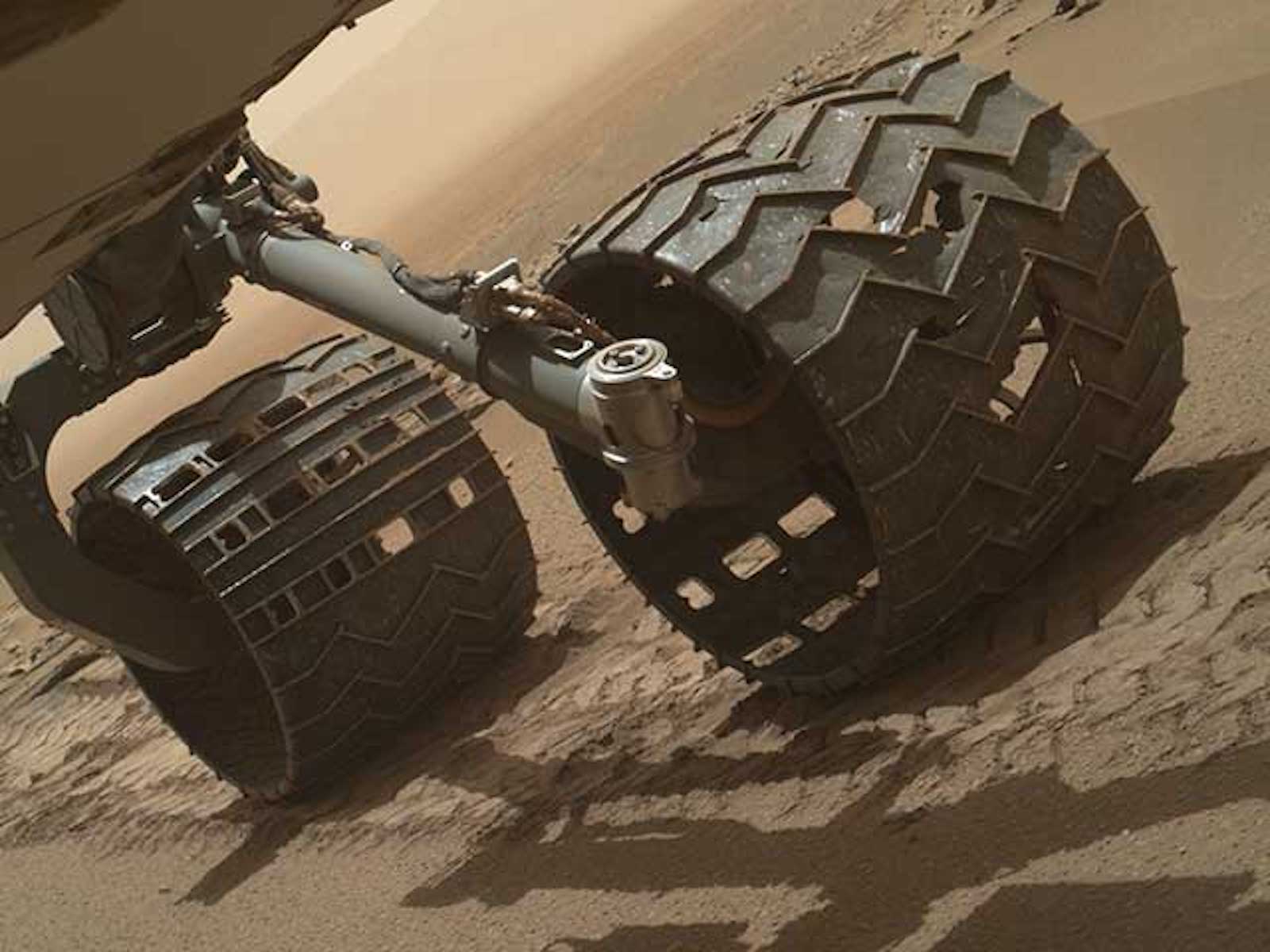Mankind got to Mars - more than 7100 kg of garbage of Earth origin accumulated on the Red Planet

Mankind is studying the surface of Mars and at the same time littering the Red Planet. And the second point follows from the first.
Here's What We Know
The first spacecraft landed on Mars to study it more than 50 years ago. UN data indicates that during that time, Earthlings have sent 18 devices to Mars on 14 missions. Some of them are still working, but some of the devices have become junk for various reasons.
The National Aeronautics and Space Administration (NASA) said in late summer that the rover Perseverance found a fragment on the Red Planet that appeared after the rover landed. Also in the trash were broken spacecraft (at least two probes) and tools that are no longer used to study the fourth planet of the solar system.

Any mission to Mars involves the use of a module that protects the station during the landing. During the landing, parts of the shell may end up in different places and break into pieces as a result of the impact.
Another source of debris of terrestrial origin is Mars rovers decommissioned. But such rovers remain on Mars as relics, because they have not lost their parts during operation and do not harm the environment.
Scientists claim that the total mass of all Earth vehicles that have ever been sent to the Red Planet is 9,979 kg. At the same time, the debris weighs 7119 kg. Another 2,860 kg is the weight of devices that are still in service.

Debris on the Red Planet could pose a threat to the effectiveness of Martian missions because, in theory, it could contaminate the samples collected by the rovers. Debris could also interfere with the operation of other rovers. In particular, when sending Perseverance to Mars, scientists feared the rover might get stuck in the debris.
Source: space